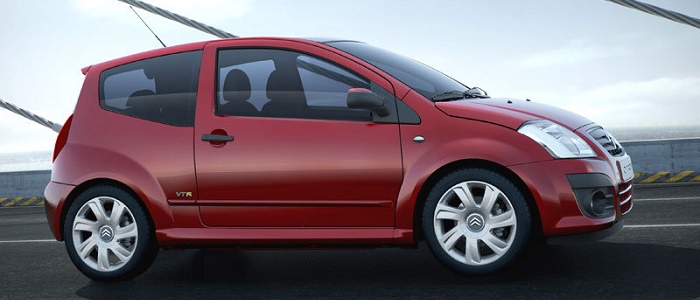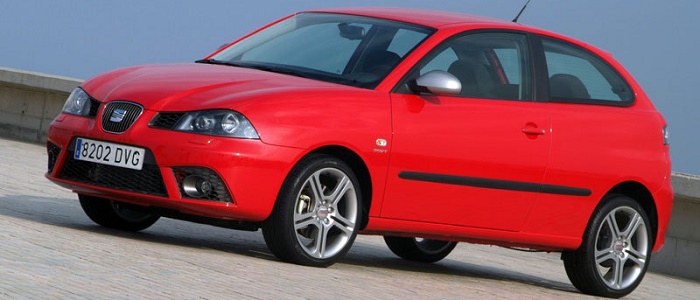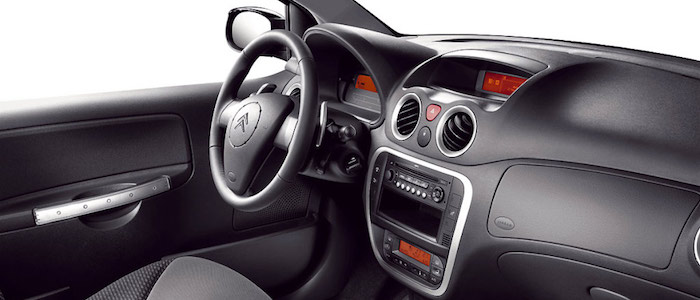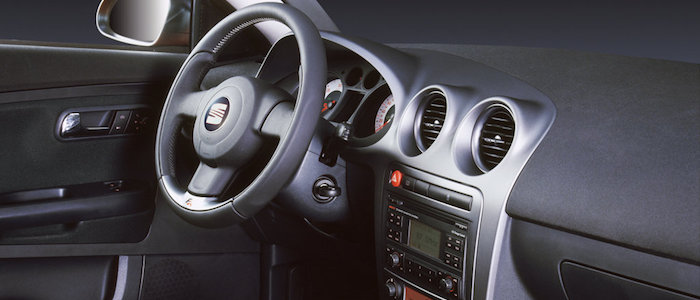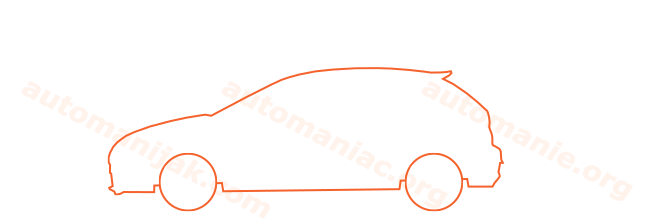Compare two cars
Compare any two cars and get our Virtual Adviser™ opinion
Marketing
Dimensons & Outlines
Engine
Performance (manual gearbox)
Performance (automatic gearbox)
Expenses
Virtual Adviser's™ opinion
Well, these are two pretty similar cars we have here! It's only details that could potentially make the difference. Considering they both belong to the city car segment and utilize the same 3-door hatchback body style and the front wheel drive system, it all comes up to the specific petrol engine choice they offer. The first one has a Peugeot-engineered powertrain under the hood, a 4-cylinder, 8-valves 75hp unit, while the other one gets its power and torque from a 4-cylinder, 16-valves 75hp engine designed by Volkswagen.
SafetyA starting point here would be to take a look at the results from European New Car Assessment Programme (Euro NCAP) tests which were performed on both of the cars, with the same number of safety stars gained in the process. That aside, let's consider some other aspects which affect safety. Both vehicles belong to the city car segment, which is generally not a very good thing safety-wise, still it doesn't help us solve our dilemma, does it? On the other hand, if we'd like to consider vehicle mass in this context too, which we definitely should, the Spanish car offers a marginal difference of 3% more metal.
ReliabilityI don't like generalizing things when it comes to reliability, although it does seem that both brands display similar results in faults and breakdowns, at least on all of the models level. These are the official statistics, while our visitors describe reliability of Citroen with an average rating of 4.1, and models under the Seat badge with 4.4 out of 5. The same official information place C2 as average reliability-wise, and Ibiza is more or less at the same level.That apart, owners of different cars powered by the same engine as the French car rank it on average as 4.0, while the one under the competitor's bonnet gets 4.2 out of 5.
Performance & Fuel economyCitroen is undoubtly more agile, reaching 100km/h in 2 seconds less than its competitor. Still, it lacks the power to win the top speed competition, topping at 169 kilometers per hour, 1km/h less than the other car. When it comes to fuel economy things look pretty much the same for both cars, averaging around 6 liters of fuel per 100 kilometers (47 mpg), in combined cycle.
Verdict
Seat appears just a bit more reliable, although the difference is truly marginal. The most important thing when deciding between any two vehicles should always be safety, both passive and active. In my opinion, everything taken into account, the Spanish car offers slightly better overall protection and takes the lead. From there things take a different direction, with Citroen being considerably quicker, thus putting more smile on driver's face. It does come at a cost though, and that's the fuel consumption... It's really tough to make a final decision here, but if I'd need to, I'd say Seat. Anyway, that's the most objective conclusion I could've came up with and it's based solely on the information found on this website. Aspects such as design, practicality, brand value and driving experience are there for you to measure them out. Also, you could use the oportunity to find out which car, everything taken into account, would be the perfect choice for you in the eyes of the virtual adviser™, among more than 12.000 different ones in our database.























